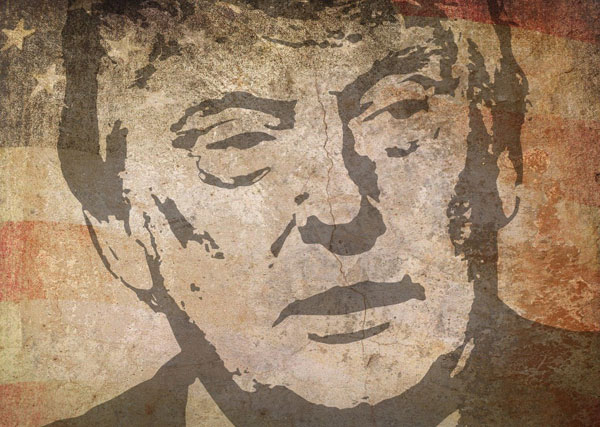Trump administration faces criticism over possible tax increases across the U.S.

[Trump, current U.S. President. Photo Credit to Pixabay]
In the Trump administration, now facing increased criticism about the prospect of taxes rising for many Americans, it comes as a surprise to some supporters, as Trump has always projected himself as a leader who supports low taxes, particularly for the middle class.
However, many factors are contributing to the growing concerns.
One of the main reasons why taxes would rise in the near future is that certain key features of the 2017 Tax Cuts and Jobs Act (TCJA) are set to expire.
This legislation, passed during Trump's first term, provided considerable tax cuts for individuals and businesses but was designed to be temporary.
Now, as the law is set to expire at the end of 2025, many taxpayers are bracing for potential increases.
If these measures are not extended or replaced, millions of Americans who fall into the middle-income bracket will likely face higher federal income taxes.
This shift would involve families who currently benefit from lower tax rates and increased deductions under the existing tax law.
Without action from Congress or the White House to address the expiration, these benefits will vanish, and the U.S. tax system will revert back to the pre-2017 rules, which were less favorable for many middle-class households.
To date, the Trump administration has neither officially announced any plan to raise direct income taxes nor clearly stated any strategy to prevent the expiration of the TCJA provisions.
This silence has raised alarms among economists and citizens alike, many of whom fear the sudden increase in tax burdens could lead to financial struggles for millions of Americans as early as next year.
Instead of focusing directly on income taxes, the Trump administration is discussing alternative ways to generate revenue.
One of the initiatives under discussion is the creation of a new agency called the External Revenue Service.
The purpose of this newly proposed agency would be to collect money through tariffs, levies, and other charges related to international trade.
The idea is to raise funds externally mainly through taxes on imported goods rather than through additional domestic taxation.
Trump has also reiterated his desire to place higher tariffs on goods imported from countries like China.
While these tariffs could serve as a major new source of government revenue, many experts warn they could backfire.
Tariffs typically cause prices to rise, which would mean American consumers might have to pay more for everyday items.
Higher costs on imports could also lead to less consumer spending and, potentially, slow down economic growth.
Moreover, there is a real risk of retaliatory tariffs from other countries, which could hurt U.S. exports and damage American businesses that rely on global markets.
Some economists have pointed out that, over time, tariffs may have a more extensive negative effect on the broader U.S. economy than expected.
Increased prices on imported goods could reduce the purchasing power of American workers, especially those already struggling with stagnant wages.
Another major worry is how these changes in tax and trade policies could affect income inequality.
When the 2017 tax cuts expire without changes, middle- and lower-income families are expected to suffer the most.
Meanwhile, wealthier households may be less impacted, especially if the administration continues to avoid raising taxes on high-income earners.
This potential widening of the income gap is causing growing concern among many policymakers and advocacy groups.
They argue that a failure to act now will lead to long-term harm to the U.S. economy and worsen existing inequalities.
At this moment, Americans are waiting to find out what choices the Trump administration and Congress are going to make.
Time is running out to avoid a crisis, given the fast-approaching deadline of 2025.
The decisions made in the next few months will likely shape the future of American tax and trade policies for many years to come.

- Eric Chin / Grade 11
- Cornerstone Collegiate of Academy Seoul

![THE HERALD STUDENT REPORTERS [US]](/assets/images/logo_student_us.png)
![THE HERALD STUDENT REPORTERS [Canada]](/assets/images/logo_student_ca.png)
